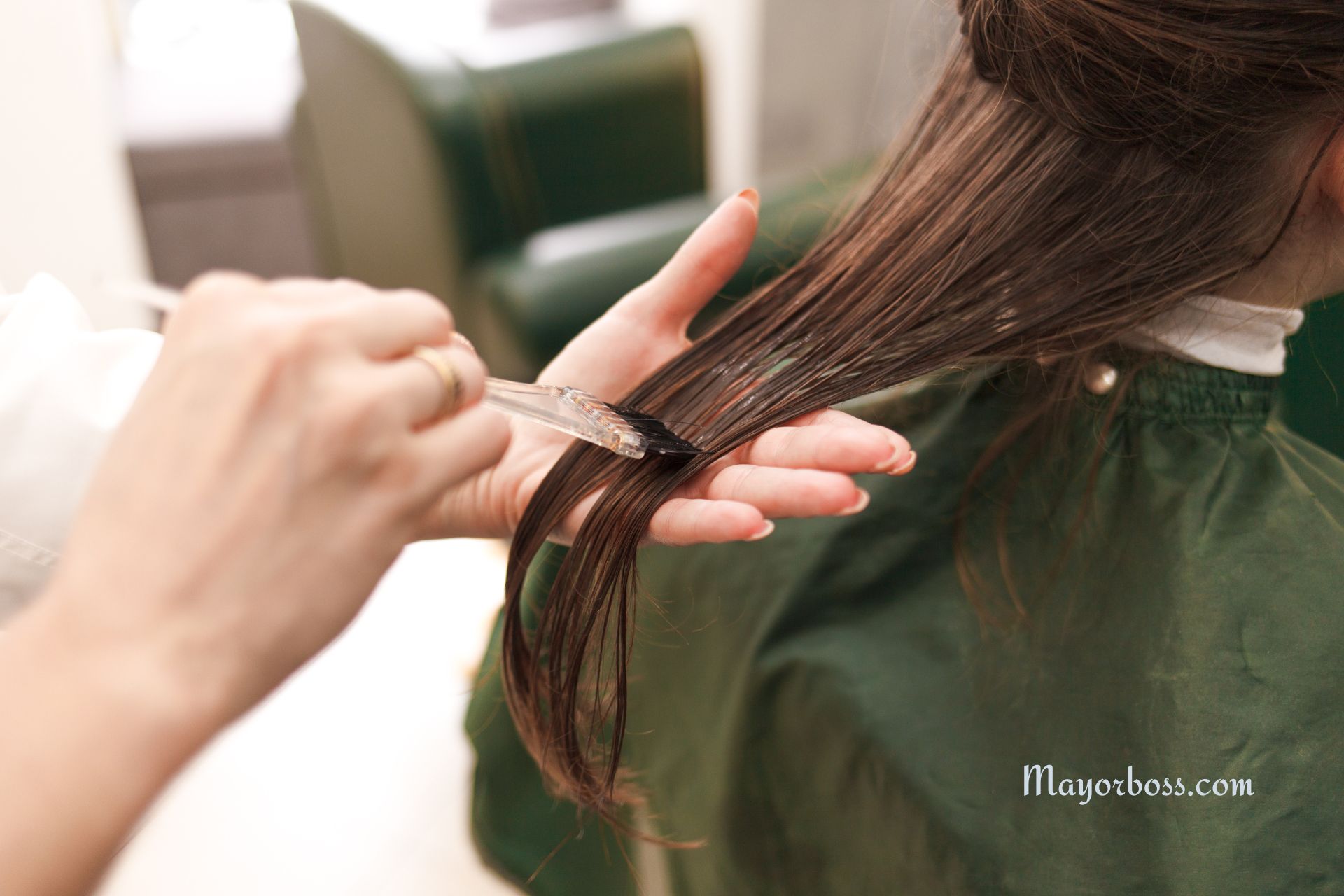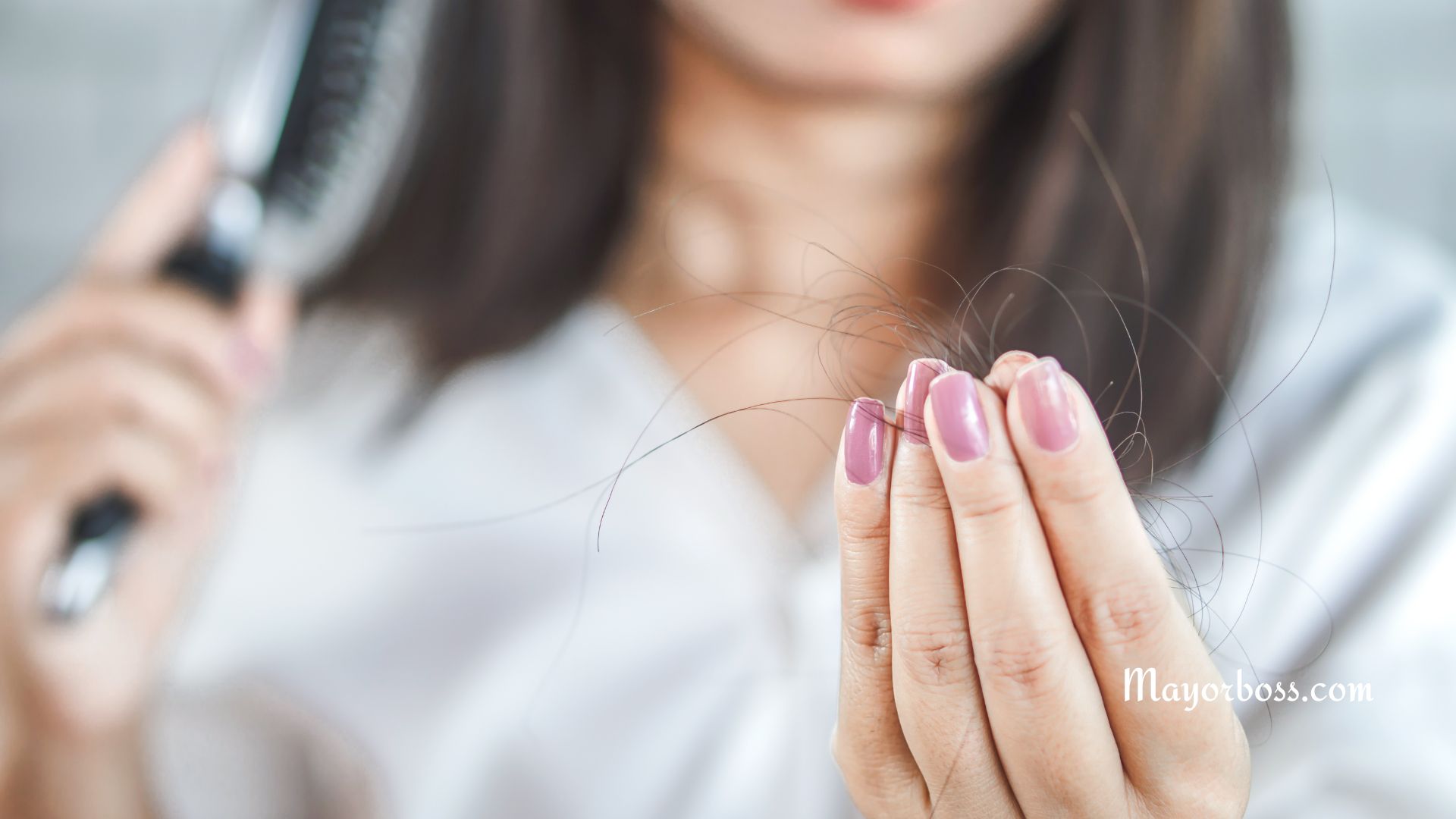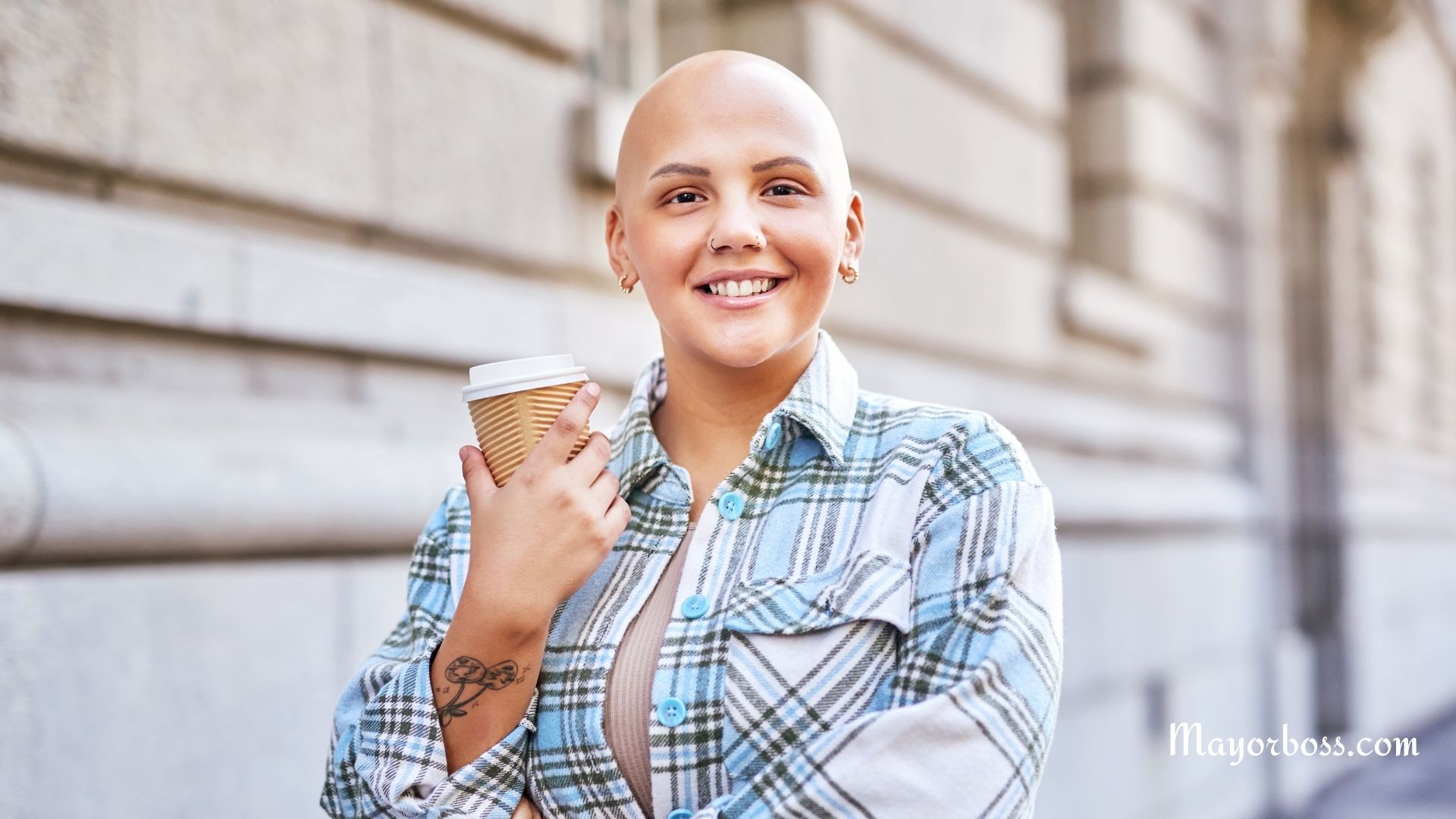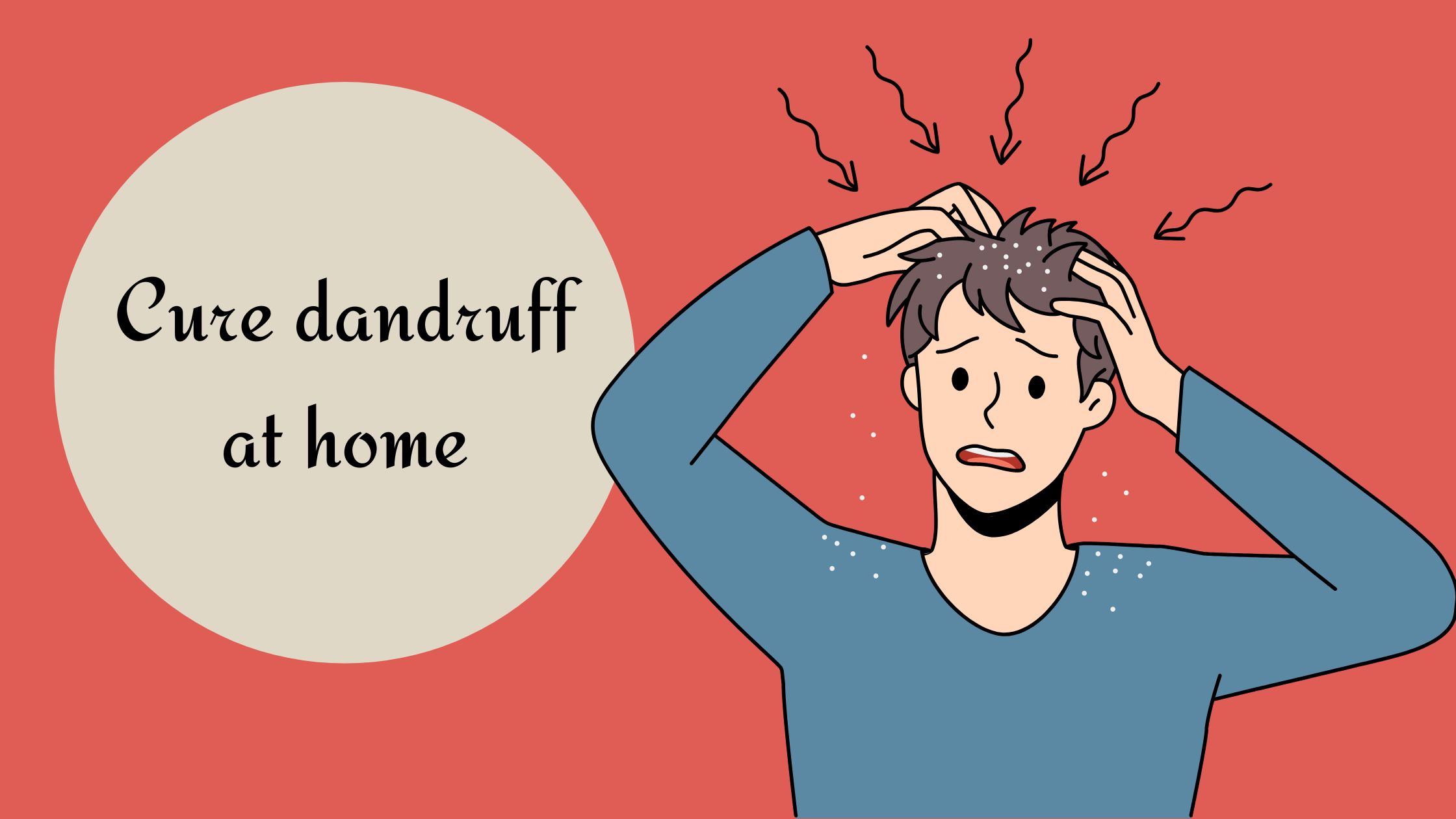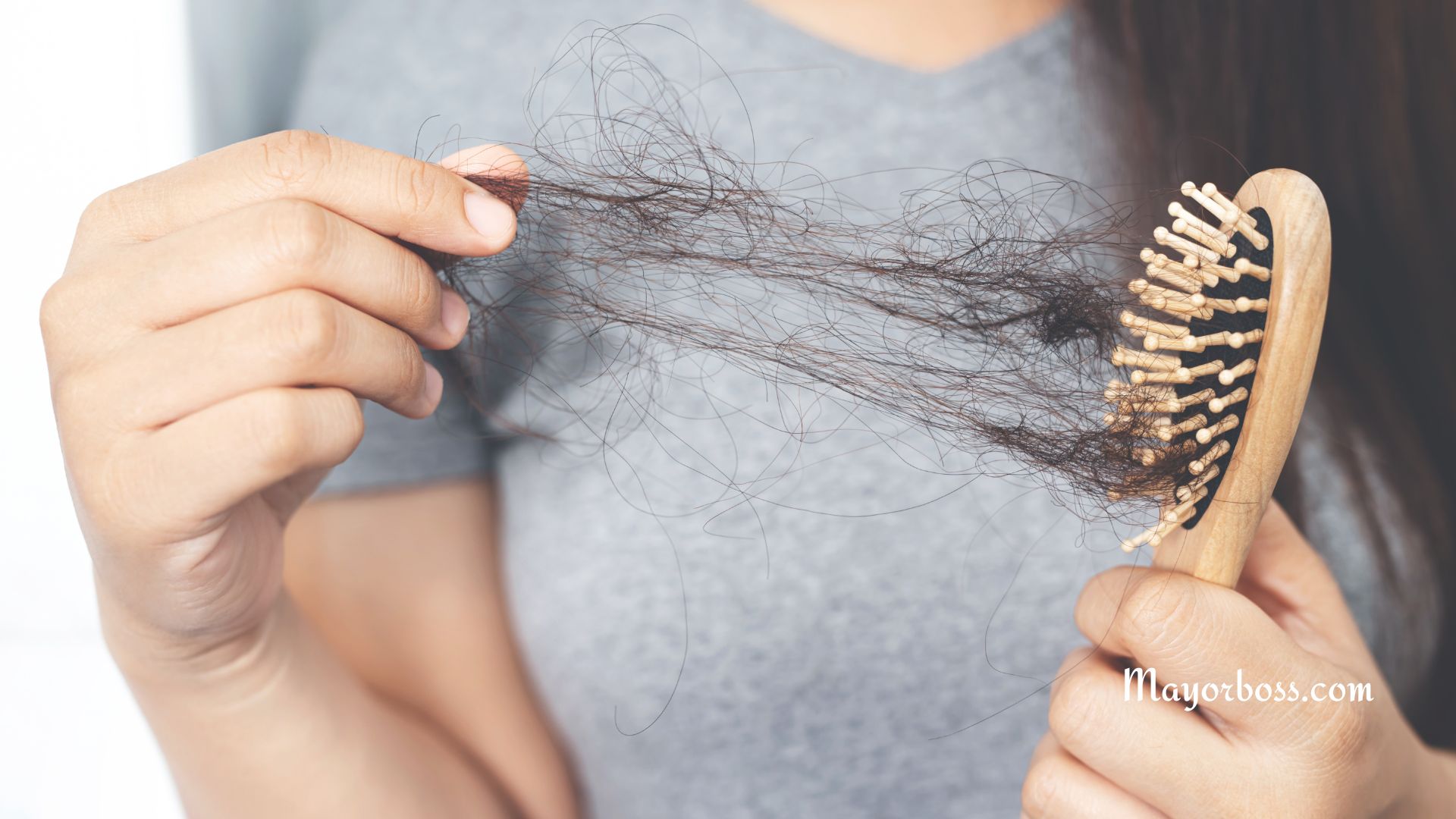Which Vitamin Deficiency Causes Hair Loss?
Deficiencies in vitamins D, B7, B12, E, and A can potentially lead to hair loss. Therefore, a balanced diet rich in these vitamins could help maintain healthy hair.
Hair loss can be distressing, and it’s often a symptom of underlying health issues. In fact, a common culprit of hair loss is vitamin deficiency.
Thus, understanding which vitamin deficiency causes hair loss can help you take steps to handle the problem.
The Role of Vitamins in Hair Health
Vitamins play a critical role in maintaining hair health and growth. For example:
- Vitamin D facilitates the creation of new hair follicles, the tiny pores from which new hairs grow.
- Biotin, or Vitamin B7, is essential for the production of the hair protein keratin.
- Vitamin B12 aids in the production of red blood cells, which specifically carry oxygen and nutrients to the scalp and hair follicles.
- Vitamin E has antioxidant properties that reduce oxidative stress in the scalp, protecting hair follicles and promoting hair growth.
- Vitamin A, vital for cell growth, also helps in the production of sebum, which keeps the scalp moisturized and hair healthy.
Which Vitamin Deficiency Causes Hair Loss?
Now, let’s delve into how deficiencies in these vitamins can lead to hair loss.
Vitamin D Deficiency
One of the key vitamins associated with hair growth is Vitamin D.
People who have a Vitamin D deficiency can actually experience hair loss or thinning.
However, the good news is that restoring Vitamin D levels can actually help improve hair growth.
Vitamin B7 (Biotin) Deficiency
Vitamin B7, also known as biotin, plays a significant role in hair health.
A few studies show that a biotin deficiency can actually lead to hair thinning and loss.
But it should be noted that biotin deficiency is quite rare as it’s widely available in many foods.
Vitamin B12 Deficiency
As mentioned earlier, Vitamin B12 is vital for the production of red blood cells, which primarily transports oxygen to all cells in the body, including hair follicles.
Therefore, a deficiency in this vitamin can lead to anemia, a condition that has been linked to hair loss.
Vitamin E Deficiency
Though less common, a deficiency in Vitamin E can potentially lead to hair loss.
This vitamin has antioxidant properties that can protect hair follicles against damage from oxidative stress.
Vitamin A Deficiency
Vitamin A is crucial for cell growth, including hair, the fastest-growing tissue in the human body.
Hence, a deficiency in vitamin A can lead to hair loss.
However, be cautious, as excessive vitamin A can also cause hair loss.
Foods Rich in Hair-Healthy Vitamins
It’s crucial to consume a diet rich in these hair-healthy vitamins.
Foods like fatty fish, eggs, and milk are high in Vitamin D.
Biotin can be found in high quantities in organ meats, eggs, fish, seeds, nuts, and certain vegetables like sweet potatoes and spinach.
Dairy products, poultry, meat, and fish are good sources of Vitamin B12.
Almonds, spinach, and avocados are rich in Vitamin E.
For Vitamin A, look to sweet potatoes, carrots, and kale.
Other Nutritional Deficiencies and Hair Loss
Other nutritional deficiencies, such as iron and protein, can also cause hair loss.
Iron helps red blood cells carry oxygen to the cells, including hair follicles, and a deficiency can result in hair loss.
Similarly, protein is essential for hair growth, and a deficiency can lead to hair thinning or loss.
The Importance of Balanced Nutrition
While addressing specific vitamin deficiencies is crucial, it’s equally important to maintain a balanced diet overall for hair health.
All nutrients work in synergy, and an imbalance can impact hair health.
Other Causes of Hair Loss
Hair loss isn’t always caused by vitamin deficiencies.
Factors such as stress, hormonal imbalances, certain medications, and underlying medical conditions like thyroid disorders can also contribute to hair loss.
Hair Care Practices for Healthy Hair
Along with a healthy diet, maintaining proper hair care practices like regular washing to remove dirt and excess oil, gentle handling to prevent physical damage, and avoiding heat styling tools can prevent hair damage and loss.
When to Seek Medical Advice
If you’re experiencing significant hair loss or other worrying symptoms, seeking professional medical advice is always wise.
A healthcare provider can help identify the underlying cause and recommend appropriate treatment.
Supplements for Hair Health
For some, consuming a diet rich in hair-healthy vitamins may not be enough.
In such cases, your healthcare provider may recommend supplements like B vitamins, vitamin D, vitamin E, biotin, zinc, or iron.
However, it’s important to note that over-supplementation can lead to adverse effects, so always take supplements under the guidance of a healthcare professional.
Frequently Asked Questions
What are the common causes of hair loss?
Hair loss can be caused by various factors.
These can include genetic predisposition (as in male or female pattern baldness), hormonal changes (such as those occurring during menopause or due to thyroid issues), nutritional deficiencies, certain medical conditions (like alopecia areata or scalp infections), and even stress.
Furthermore, harsh hair care practices or certain medications can also contribute to hair loss.
Can diet affect hair loss?
Indeed, diet plays a significant role in hair health.
A diet deficient in essential nutrients like iron, vitamin D, B vitamins, and protein can lead to hair loss.
Therefore, a balanced diet rich in these nutrients is important for maintaining healthy hair.
Additionally, some evidence suggests that excess intake of vitamin A may also cause hair loss.
Is hair loss a normal part of aging?
While it’s no secret that hair naturally thins as one age, excessive hair loss is not a normal part of the aging process.
If you’re experiencing significant hair loss, it’s recommended to consult with a healthcare provider or a dermatologist to determine the cause and appropriate treatment options.
What are the treatments for hair loss?
Treatment for hair loss generally depends on the underlying cause.
For example, medications like minoxidil (Rogaine) and finasteride (Propecia) are commonly used for genetic hair loss.
For hair loss due to nutrient deficiencies, improving the diet or using dietary supplements may help.
Some types of hair loss may respond to treatments such as corticosteroid injections or light therapy.
In some cases, surgical treatments like hair transplants might be considered.
It’s important to consult a healthcare provider to find the best treatment option for you.


